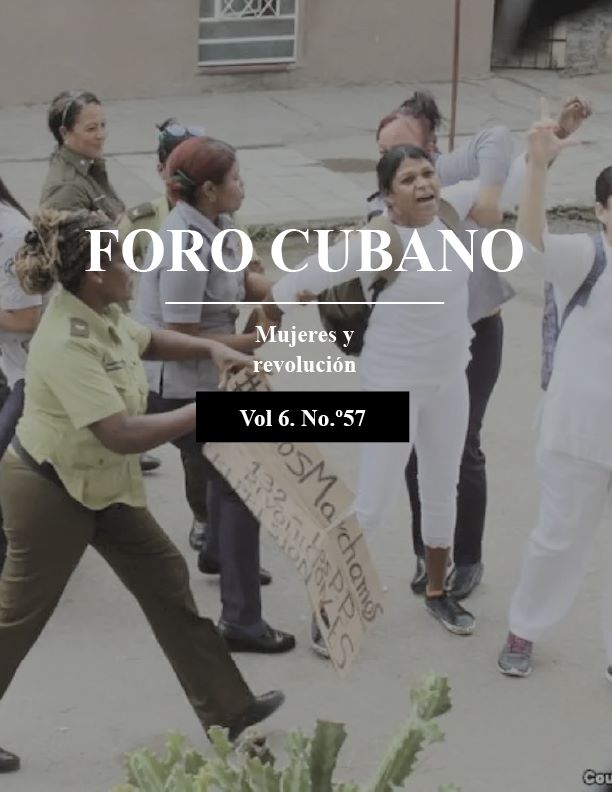A look at the evolution of women's associations in the Southern Cone countries in their transition to democracy
Abstract
By the 1970s, few Latin American countries had a democratic political system, only Colombia, Venezuela, Costa Rica and Mexico fell into this category, as interventionist and repressive policies were becoming increasingly popular in the region. The corruption and inefficiency of the previous governments strongly indicated the weakness of the democracies established in several of these new systems, as in the case of Argentina after the dictatorship of Rafael Videla and in the midst of Peronism, in Chile after the dictatorship of Augusto Pinochet and in Brazil after the military dictatorship of almost twenty years (1964-1985). In each of these processes there were important women's groups that changed along with the country in which they found themselves, as political dispositions made way for women's own revolution in politics and rights. Today, due to the rise of gender issues universally, it could be said that many of these movements are recognized, but it is worth knowing their progress in the midst of democratic transitions in order to also understand the role they played in the midst of each of the processes. This article will analyze the cases of Chile, Argentina, Brazil and Uruguay, all known as Southern Cone countries due to the similarities of the context: a military dictatorship and the proximity of the dates.


